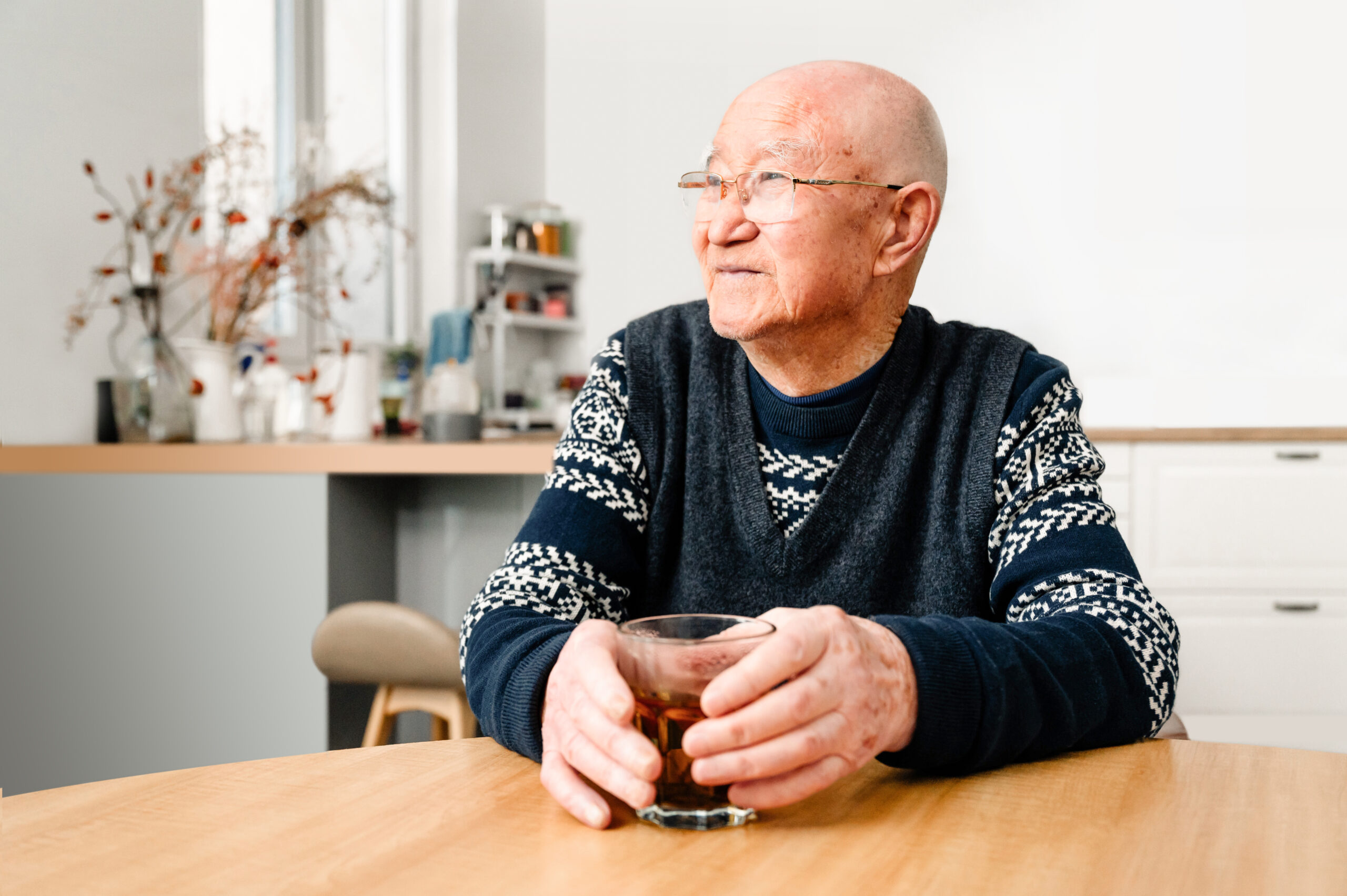The Hidden Dangers of Senior Isolation: What You Need to Know
Produced by:


Loneliness and social isolation are more than just emotional struggles—they come with serious health risks. Research has shown that being isolated is associated with a higher chance of developing dementia, while loneliness significantly raises the rates of depression, anxiety, and suicide.
People with poor social relationships face an increased risk of heart disease and stroke, with social isolation sometimes posing a health threat on par with smoking or obesity. Social connections can help reduce people’s risk of chronic disease and serious illness.
Who’s at risk?
Some people are more vulnerable to loneliness and isolation due to life circumstances, such as:
- Mobility or disability issues
- Declining vision or hearing
- Living alone
- Separation from family and friends
- Loss of a loved one
- Limited access to transportation
Additionally, factors like financial struggles, caregiving responsibilities, and living in hard-to-reach areas can increase someone’s risk of feeling isolated. Social and emotional challenges, like depression or language barriers, can make it even harder to maintain meaningful connections.
How to stay connected and support loved ones
Maintaining social connections is crucial to overall health. Older adults are especially prone to isolation, but there are ways to stay engaged. Simple steps like picking up a new hobby, volunteering, or joining a walking club can boost mood and foster a sense of purpose. Keeping in touch with friends and family, whether in person or virtually, can help combat feelings of loneliness.
To stay socially connected, check out resources and programs at your local social service agencies, community and senior centers, and public libraries. Consider adopting a pet if you are able to care for one. Animals can be a source of comfort and may also lower stress and blood pressure.
When to seek professional help
If feelings of loneliness persist, talking to your health care provider is key. Sharing recent life changes and emotions openly can help your doctor identify risks and offer guidance on improving emotional and physical well-being. Don’t hesitate to discuss any feelings of isolation—it can be the first step toward reconnecting and improving your health.
Sources:
Health Effects of Social Isolation and Loneliness | CDC (cdc.gov)
Loneliness, Lack of Social and Emotional Support, and Mental Health Issues – United States, 2022 | CDC (cdc.gov)
Promising Approaches to Promote Social Connection | CDC (cdc.gov)
Loneliness and Social Isolation — Tips for Staying Connected | National Institute on Aging (nih.gov)
If you have thoughts of hurting yourself or others — or you know someone having those thoughts — seek help right away. If you or someone you know is in immediate danger, call 911 — or go to the closest emergency room. To reach a trained crisis counselor, call or text the 988 Suicide & Crisis Lifeline at 988 or 1-800-273-TALK (1-800-273- 8255). You may also chat at 988.lifeline.org.
Atrial fibrillation symptoms: when to see a provider
Atrial fibrillation doesn’t always feel the same for everyone. Learn common symptoms, why they matter, and when to talk to a provider.
Read articleHeart-healthy diet guide: Mediterranean, DASH, and plant-based approaches for cardiovascular wellness
Learn about ways of eating that can support a healthy heart. Plus, tips for sticking to a heart-healthy eating pattern.
Read articleHealthy habits that can help maintain a good blood pressure
Your blood pressure can tell you a lot about your overall health. Here are ways to keep it in a healthy range. Plus, how to check your blood pressure at home.
Read articleMammograms: What you need to know
In honor of Breast Cancer Awareness Month, we spoke with Dr. Shani Fruchter, a board-certified breast surgeon at Optum Medical Care, to break down everything you need to know about mammograms. From when to start screening to what the procedure feels like, this guide helps demystify one of the most important tools in breast cancer detection.
Read article